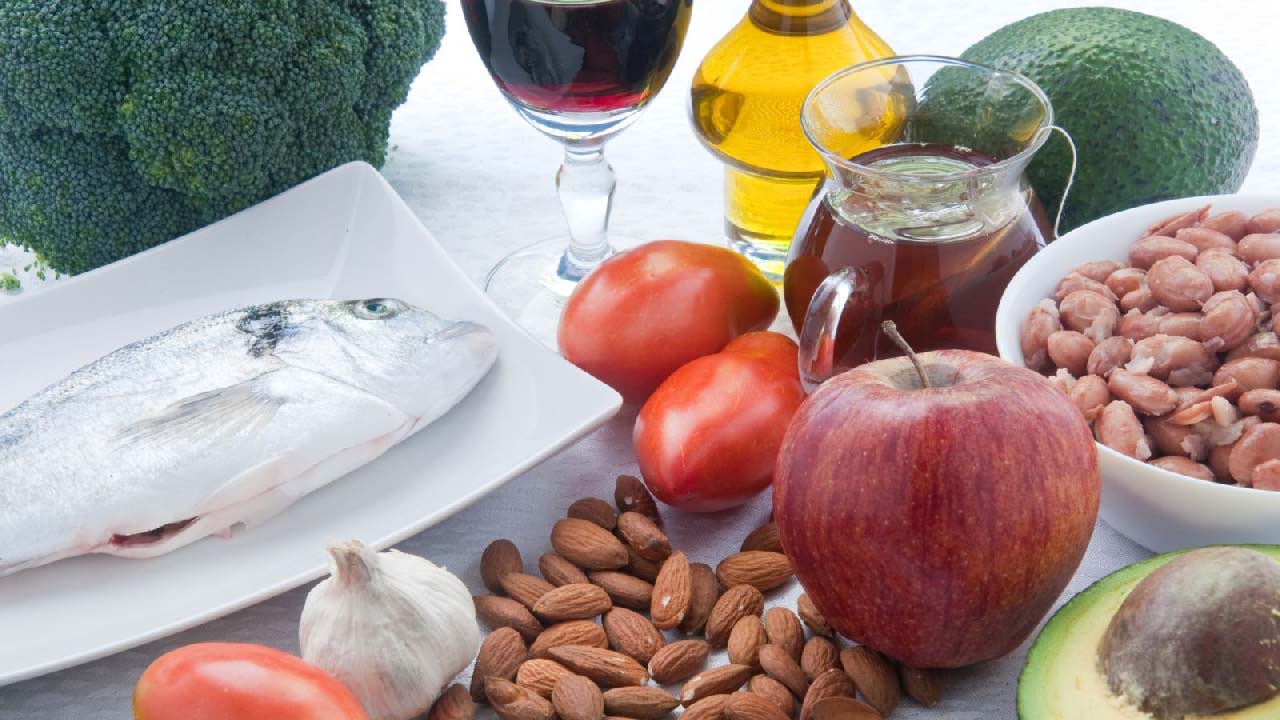Can a bowl of oatmeal help lower your cholesterol? How about a handful of almonds? A few simple tweaks to your diet, along with exercise and other heart-healthy habits, might help you maintain your cholesterol.
The effects of cholesterol are mixed. It is an element that the body needs at normal levels. However, if concentrations in the blood get too high, it becomes a silent danger that puts people at risk of a heart attack. Cholesterol travels through the blood on proteins called lipoproteins.
The key dietary components are plenty of fruits and vegetables, whole grains instead of highly refined ones, and plant protein. Add margarine enriched with plant sterols; oats, barley, psyllium, okra, and eggplant, all rich in soluble fiber; soy protein; and whole almonds.
A "dietary portfolio of cholesterol-lowering foods" that is primarily vegetarian significantly reduces LDL, high blood pressure, and triglycerides.
Foods that help you maintain your cholesterol include:
- Oats
- Barley and other whole grains are
- Beans
- Eggplant and okra
- Vegetable oils
- Apples, grapes, strawberries, and citrus fruits.
- Soybeans
- Fatty fish
Avoid Things to improve and maintain a healthy cholesterol
- Get tested at least every 5 years
- Make healthy food choices
- Be active every day
- Don’t smoke or use tobacco products
- Consult your healthcare provider.
- Know your family history
Naturally, changing to a cholesterol-lowering diet requires more effort than simply taking a statin every day. It entails increasing the selection of foods in your shopping cart and adjusting to new flavors and textures. However, it's a "natural" method, avoiding the possibility of muscle issues and other side effects that some statin users experience.
Equally significant is the fact that a diet high in fruits, vegetables, beans, and nuts benefits the body in ways other than just lowering cholesterol. It regulates blood pressure. It aids artery flexibility and responsiveness. It's good for bones and digestive health, for vision and mental health.

 Changing what foods you eat can lower your cholesterol and improve the armada of fats floating through your bloodstream. Adding foods that lower LDL, the harmful cholesterol-carrying particle that contributes to artery-clogging atherosclerosis, is the best way to achieve a low cholesterol diet.
Changing what foods you eat can lower your cholesterol and improve the armada of fats floating through your bloodstream. Adding foods that lower LDL, the harmful cholesterol-carrying particle that contributes to artery-clogging atherosclerosis, is the best way to achieve a low cholesterol diet.









.jpeg)



















.jpg)
.jpeg)